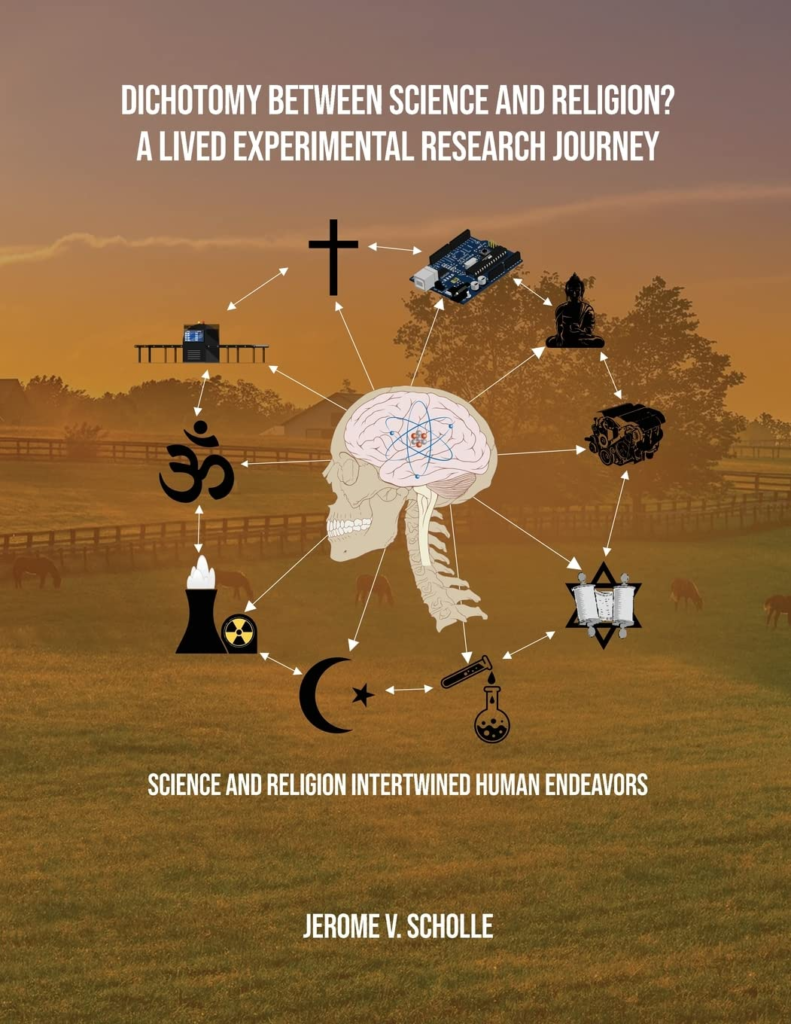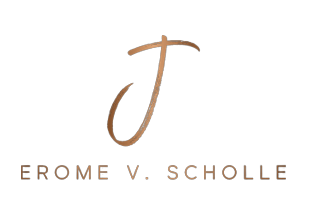In today’s world, the intersection of science and religion continues to spark intense debates and controversies. While some view these domains as inherently contradictory, others argue for their compatibility and mutual enrichment. Jerome V. Scholle’s groundbreaking work, “Dichotomy Between Science and Religion? A Lived Experimental Research Journey Science and Religion Intertwined Human Endeavors,” offers valuable insights into navigating these complex and often contentious discussions.

One of the key contributions of Scholle’s work lies in his nuanced approach to understanding the relationship between science and religion. Rather than viewing them as irreconcilable opposites, Scholle explores the ways in which these domains intersect and inform each other. Through a combination of personal anecdotes, historical analysis, and philosophical inquiry, Scholle invites readers to reconsider rigid dichotomies and embrace a more integrated perspective.
At the heart of the debate between science and religion lies the question of human consciousness and the nature of existence. Scholle delves into this fundamental inquiry by examining concepts such as spirit, soul, mind, and consciousness from both scientific and spiritual perspectives. By acknowledging the complexity of these concepts and the limitations of human understanding, Scholle encourages readers to approach these issues with humility and openness to diverse viewpoints.
One of the most compelling aspects of Scholle’s work is his exploration of personal experiences and their significance in shaping beliefs about the nature of reality. By sharing his own encounters with the unseen world and reflecting on the mysteries of existence, Scholle invites readers to consider the role of subjective experiences in informing our understanding of the universe. Whether it’s moments of transcendence, out-of-body experiences, or vivid dreams of past lives, Scholle reminds us that the human quest for meaning and purpose often transcends the boundaries of empirical evidence.
In today’s rapidly changing world, the relationship between science and religion is more relevant than ever. As advances in technology and scientific inquiry continue to reshape our understanding of the cosmos, questions about the nature of reality and the human condition persist. Scholle’s work serves as a timely reminder that the pursuit of knowledge and wisdom requires a willingness to engage with diverse perspectives and embrace the mysteries that lie beyond our comprehension.
Ultimately, Scholle’s insights challenge us to move beyond simplistic narratives of conflict between science and religion and instead embrace a more holistic and inclusive approach to understanding the mysteries of existence. By fostering dialogue and mutual respect between these two domains, we can cultivate a richer and more nuanced understanding of the universe and our place within it. As we navigate the complexities of the modern world, Scholle’s work offers a beacon of wisdom and insight, guiding us towards a more integrated and harmonious worldview.
